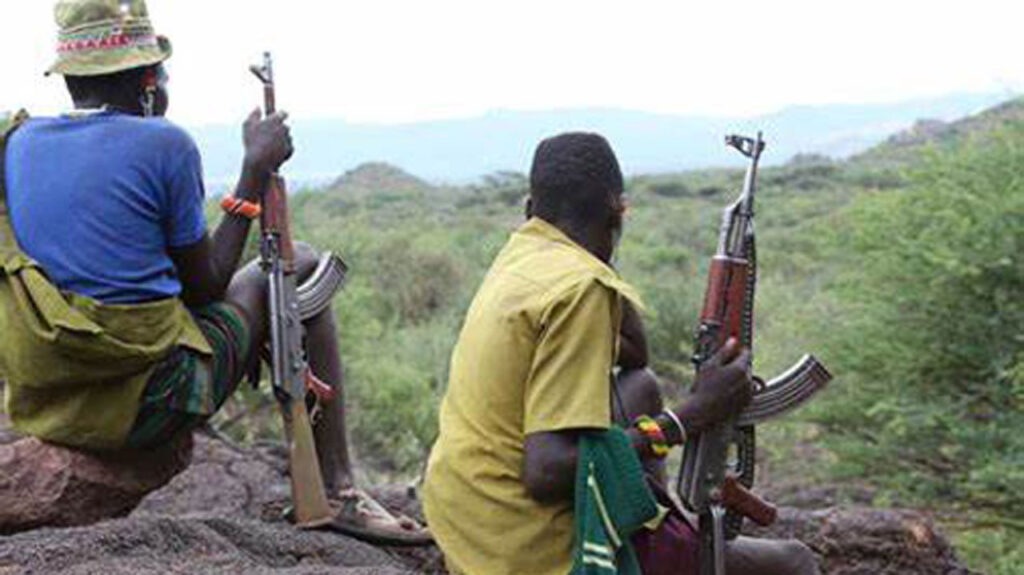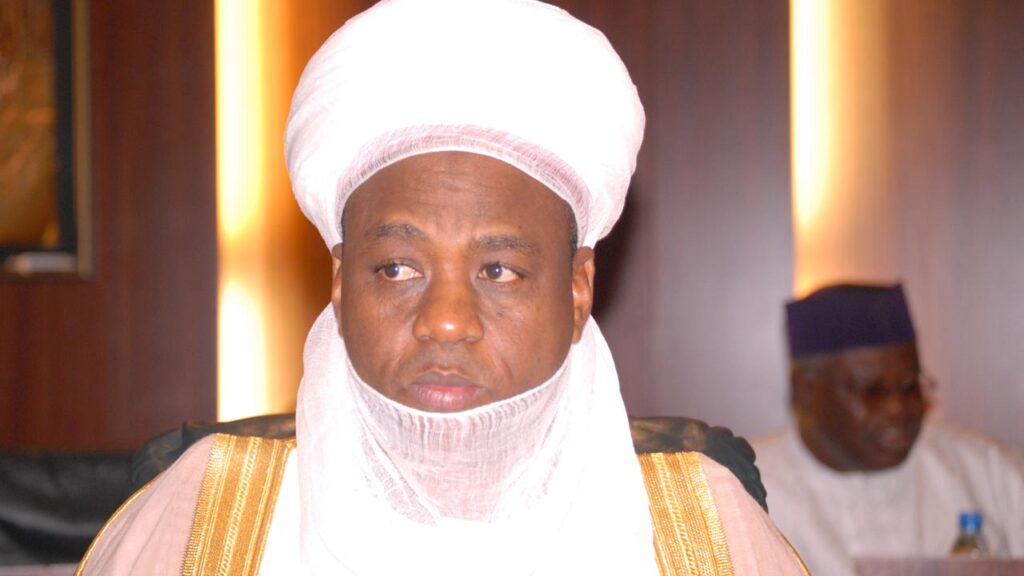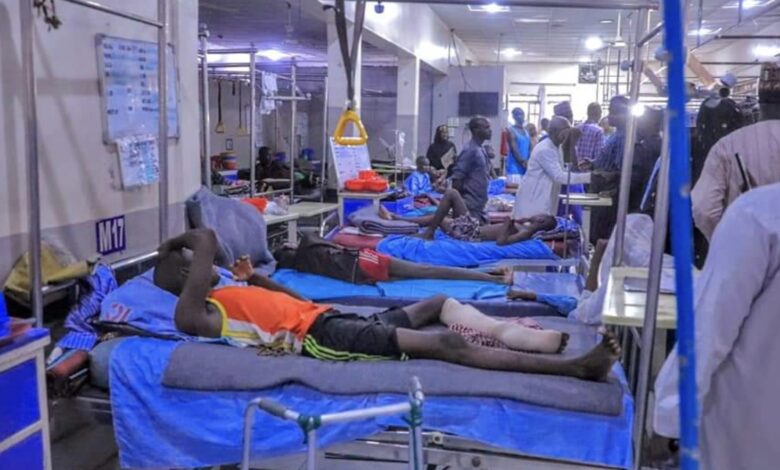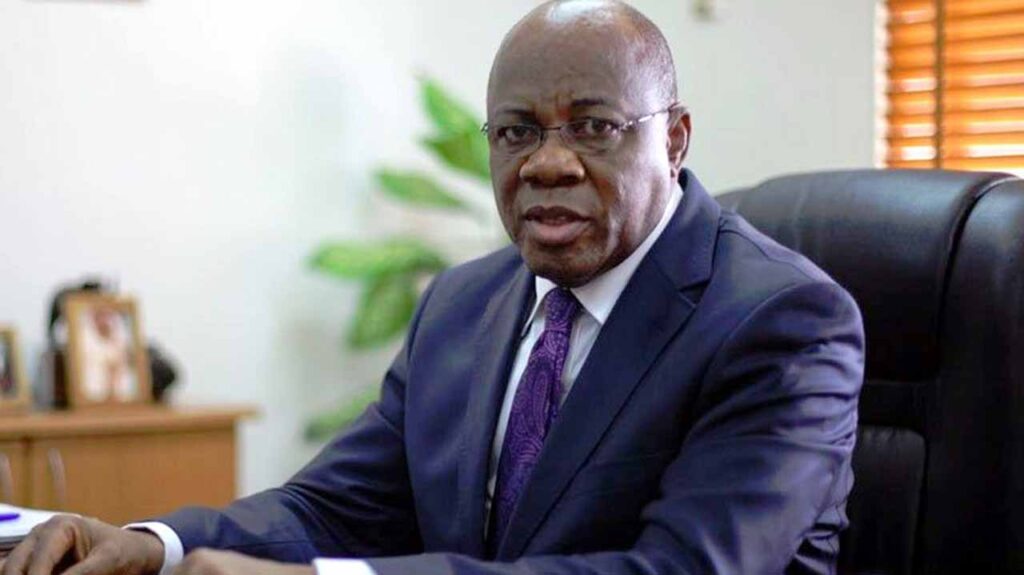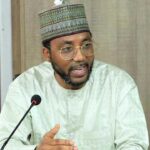
•Asks WB, AfDB, others to discontinue financing fossil fuel projects
Civil Society Organisations (CSOs) under the aegis of Peoples Annual General Meeting (PAGM) have called on the Federal Government to withdraw the operating licence of Shell Petroleum Development Company of Nigeria (SPDC) for alleged complicity in ecological and environmental injustice to the people of Niger Delta.
The coalition said it was important for government to do this based on divestment of the firm from on-shore to off-shore, leaving behind environmental problems in the region, as well as low commitment to climate change for short-term profit and poor human right record in Nigeria.
The CSOs stated this in a 10-point resolution issued after the group’s meeting, held in Abuja, yesterday, and co-signed by the Convener and Executive Director, Africa Network for Environment and Economic Justice (ANEEJ), Rev. David Ugolor, Co-Chair and Executive Director, Indigenous Centre for Energy and Sustainable Development (ICE-SD), Legborsi Saro Pyagbara, and Co-Chair/National Coordinator, Publish What You Pay Nigeria Campaign, Taiwo Otitolaye.
The group also called on international financial institutions, including the World Bank (WB), African Development Bank (AFDB) and export credit agencies to discontinue financing fossil fuel projects in Nigeria.
The group’s meeting, which was held ahead of Shell, ExxonMobile and Total Energies Annual General Meetings (AGMs), scheduled for next week, frowned at Shell’s current weak energy transition strategy, and welcomed recent Church of England Pensions Board’s announcement to vote against Shell’s chair and directors, as well as the transition plan during the company’s 2023 AGM.
On the on going clean-up of Ogoni land, they called on the Federal Government to appoint a substantive chairman for the Governing Council of the Hydrocarbon Pollution Remediation Project (HYPREP) to ensure consistency in its leadership.
The group demanded: “Government, companies and other stakeholders should contribute to the remediation process by supporting development and adoption of new technologies that can accelerate the Ogoni cleanup.
“We also call on HYPREP to embark on a full-scale livelihood restoration programme for the Ogoni people.”
They called for an unbiased investigation into the remediation process in Ogoni land, as well environmental and health audits of the entire Niger Delta, urging a total cleanup of the region.






